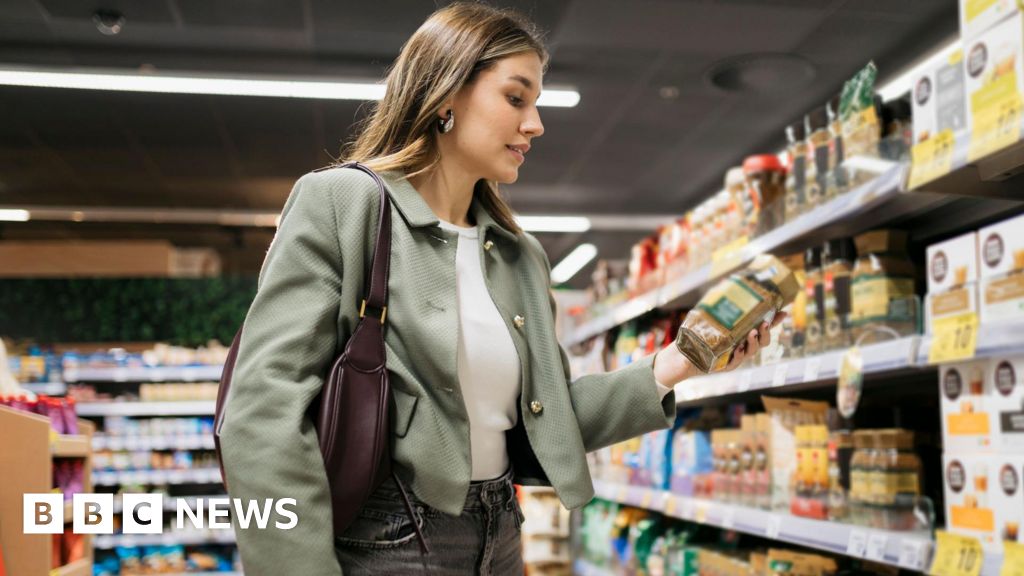The article discusses the ongoing rise in food prices in the UK, highlighting a 4.9% increase for food and non-alcoholic drinks in July, continuing a trend of inflation for four consecutive months. Over the past five years, food prices have surged by approximately 37%. Factors contributing to this inflation include climate-related issues, such as droughts affecting crop yields, and global events like the war in Ukraine, which have disrupted supply chains and increased production costs.
Farmers are facing challenges due to rising minimum wages and other operational costs, prompting businesses to pass these expenses onto consumers. As a result, many families are adjusting their spending habits, often opting for cheaper food options or smaller treats. Low-income households are particularly affected, having fewer alternatives to manage rising costs.
The article also notes that while inflation affects all income levels, higher-income families are still feeling pressure on their budgets. The Bank of England expects food price inflation to peak at around 5.5% by the end of the year, with a slow decline anticipated in the following years. This inflation is a critical factor influencing overall economic policies and interest rates in the UK.
Source link


